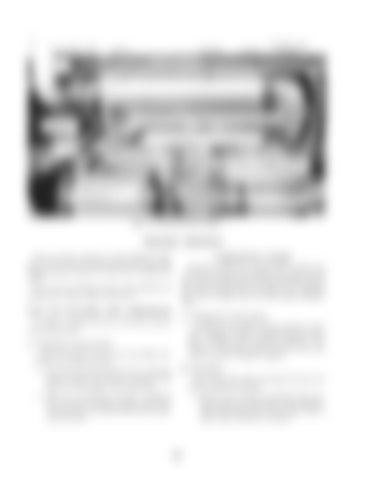Figure lO- Vertical Exhausf System
TROUBLE SHOOTING CARBURETOR FLOODS
The fuel system consists of a tank, carburetor, manifold and the various connecting lines. Dirt and other foreign materials should be kept from entering this system.
Flooding is caused by a sticking choke or float valve or by the carburetor float being set too high. On hot days, fuel may "percolate" from the carburetor bowl into the intake manifold while the engine is not operating. Dirt may be lodged under the float needle, holding it open.
As a rule, the carburetor does not fail suddenly but progressively impairs engine performance.
FUEL NOT REACHING THE CARBURETOR
A. Preliminary lust ructions
A clogged or broken fuel line is the most common cause of this trouble.
In addition to the engine running unevenly, a strong odor of gasoline usually is present when the carburetor is flooded. If the carburetor flooding is due merely to overchoking, open the throttle wide, then crank the engine to exhaust rich gases.
A. l'reliminary Instructions Check the supply of fuel in the tank. Make sure the tank vent in the cap is open.
B. Procedure
L Be sure the fuel tank shut-off valve is operating properly. Remove the fuel line and blow it out. Clean the fuel sediment howl and screen.
Free up the choke action and inspect the float level and the condition of the float.
1. Remove the air cleaner to carburetor hose, operate the choke rod, and observe jf the carburetor choke plate opens freely. If the choke action is faulty, make necessary corrections.
2. Drain any accumulation of water or sediment from the tank. In freezing weather, water in the tank will freeze and will prevent fuel from entering the fuel line.
98


























